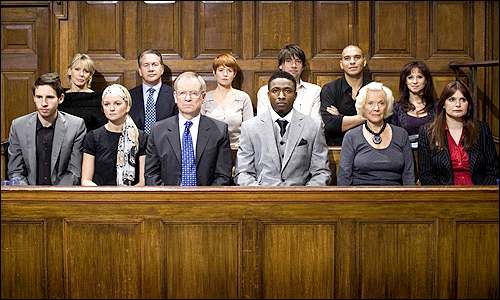In order to ensure that the companies are liable for their actions, the legislative move decides to strengthen criminal law. According to reliable sources, banks and various other organizations gaining from the deceitful behavior express their interest to join the employees in the dock under proposals, the ministers are considering.
It is expected that the proposal of reformation the test for criminal prosecutions could generate a new approach of criminal convictions and fines for businesses. Moreover, in order to avail the financial settlements with the companies that is known as deferred prosecution agreements or DPAs, the new plan stated to transform the armory of the serious Fraud Office and combine it with that of the new SFO powers.
 However, sources informed that the latest proposal do not win undisputed support yet in Westminster as some officials especially within the department for innovation, business and skills believed to be worn out of any type of legislative moves that business lobby could consider as hostile. With the initiation of the Libor fixing scandal, others within government are adamant, as they believed that the reliability of the authorities policing the market is quite important especially for safeguarding the reliability of London as an international financial centre.
However, sources informed that the latest proposal do not win undisputed support yet in Westminster as some officials especially within the department for innovation, business and skills believed to be worn out of any type of legislative moves that business lobby could consider as hostile. With the initiation of the Libor fixing scandal, others within government are adamant, as they believed that the reliability of the authorities policing the market is quite important especially for safeguarding the reliability of London as an international financial centre.
Investigation into Libor fixing is pursued by the SFO and it is reported that it has charged two money brokers and one bank trader yet and considered whether to bring charge against several other institutes.
A strong supporter of this reformation is the director of the SFO, David Green, who opined that the present working procedure of most of the companies is quite confusing and the chain of emails tends to get rather sparse especially among the senior managers. However, if the company is accused to gain from fraudulence, it discharges some of the middle rank employs and continues its business.
Moreover, it is evident that prosecutors denied pursuing charges against the companies as it needs to prove that executives of board levels are the main persons to cause this fraudulence.
It is worth to mention over here that new proposals make use of a criminal liability test that is already existed in the case of corruption under which the companies are allowed to be prosecuted for failing to prevent corrupt payments even though the chief executives of the company had no connection with the bribery.
However, most strikingly, the 2010 Bribery Act provide opportunities to the companies so that they can defend themselves by indicating that they followed adequate procedures to prevent any level of corruption within companies.
In the words of the spokesperson for the Attorney General’s office, Government has enough policies related to fraud and all legislations are kept under review. Emily Thornberry, shadow attorney general also supports the proposed reform.
Barrister Jonathan Fisher QC who is specialized in financial crime supports the reform and opines that DPAs are doubtful to prove an effective tool without a realistic threat of corporate prosecution.
However, business lobby groups are not happy and strongly opposed the prospect of increased powers to prosecute companies even if there is no evidence of the fact the top executives are involved in the corruption. It is informed that they have already insisted the ministers to review the 2010 Bribery Act.











Comments are closed.